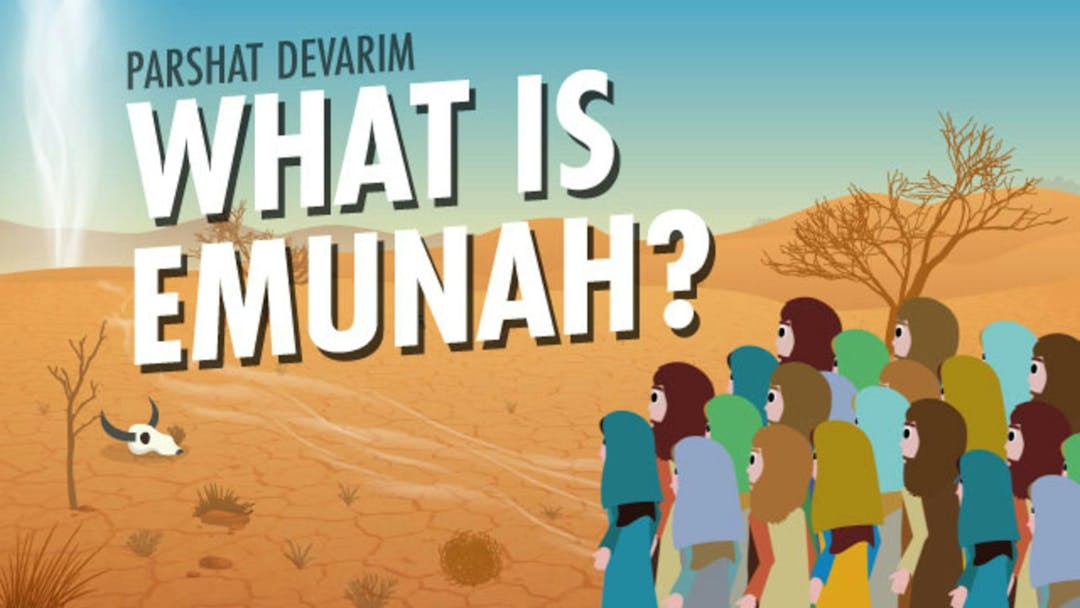Start your free trial today to unlock the full library and enjoy unlimited and uninterrupted access.
Get StartedWhat Did Moses Do Wrong? Part I (Part 1 of 2)
The Hidden Reason Moses Was Not Allowed Into The Promised Land
This week's parsha begins Moses' speech to the people of Israel before they begin their entrance to the land of Israel. In his speech, Moses recalls much that the nation has gone through over the past 40 years in the desert, including when God told him he wouldn't be allowed to enter the promised land.
In this video, the first of two parts, Rabbi Fohrman explores the odd way Moses references this story, and connects the idea of hitting the rock to the small, seemingly-unimportant story of Jethro and the judges.
Want to watch the full video for free?
Enter your email and we’ll send you a link to watch the full series free.
What is Aleph Beta?
Aleph Beta is a unique kind of Torah library. Led by our founder, Rabbi David Fohrman, we are dedicated to high-level, textual Torah learning for adults that is intellectually and spiritually sophisticated, that enlivens your Jewish practice and helps you forge a deeper connection to God. Whether you’ve been learning in yeshiva for years or you’re just beginning your Torah journey, you’re sure to find something meaningful and surprising waiting for you here.
Browse our library of over 1,000 beautifully produced animated videos, podcasts, deep dive courses, and printable guides. Topics include the weekly parsha, Jewish holidays & fast days, laws & mitzvot, prayers, relationships, big philosophical ideas and more. Have something to say at the Shabbos table that will amaze your family and guests and bring deep meaning into their lives.












